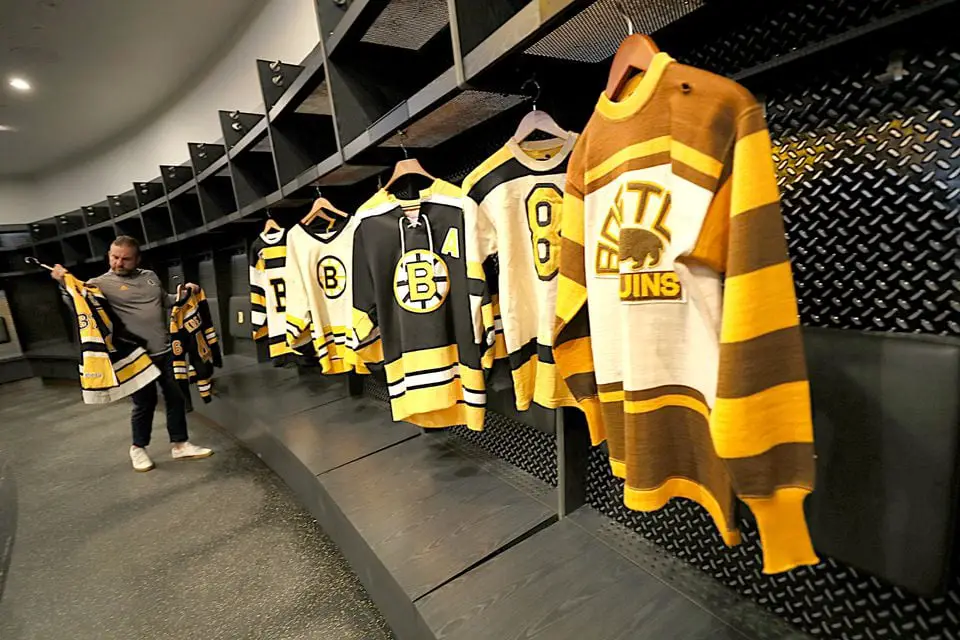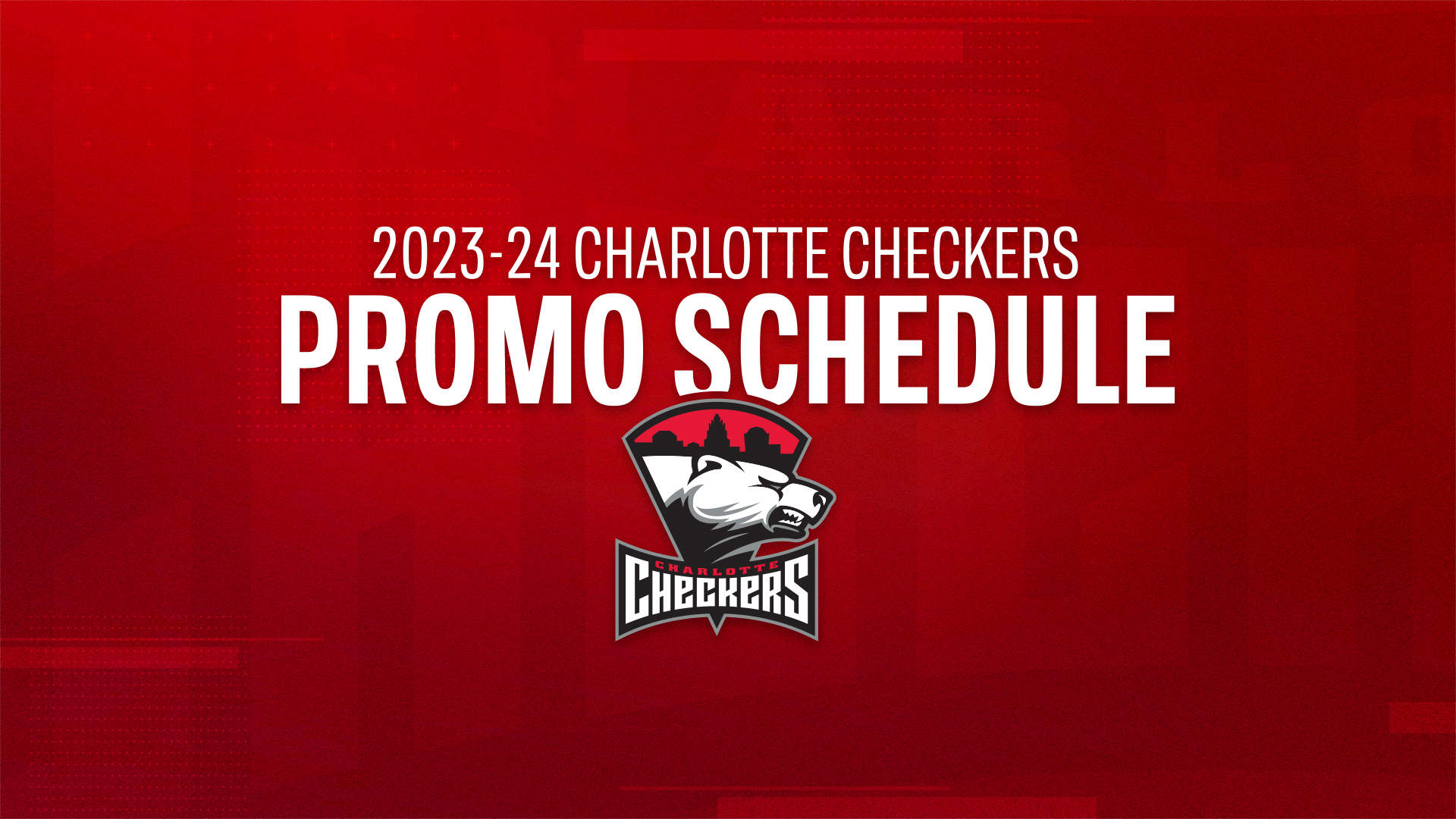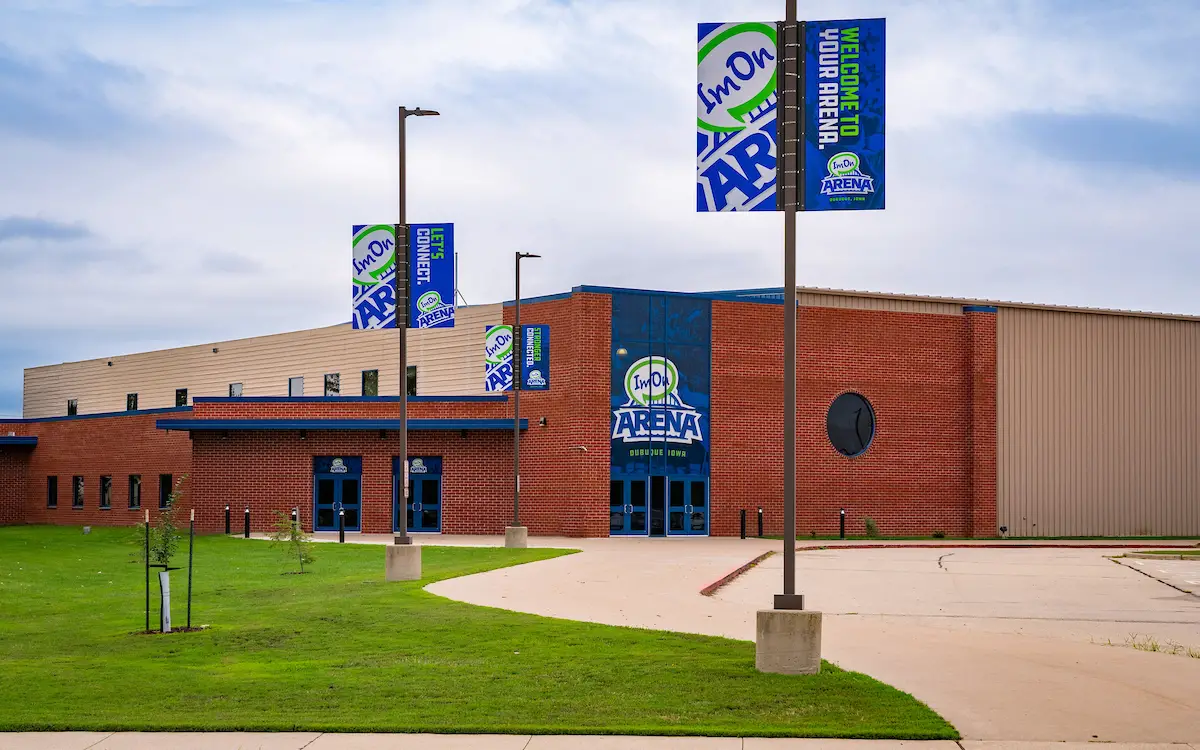Hockey season typically starts in October and runs through to April in the National Hockey League (NHL). Many fans eagerly anticipate the beginning of the hockey season as teams compete for the coveted Stanley Cup.
The start of the season is marked by pre-season games that set the tone for the upcoming competitive matches. Players undergo rigorous training in the off-season to prepare for the grueling schedule ahead. Anticipation builds as fans await the first drop of the puck, signaling the start of another thrilling season of hockey action.
From rookies making their debut to veteran players showcasing their skills, the start of the hockey season is a time of excitement and anticipation for players and fans alike.

Credit: www.bostonglobe.com
Table of Contents
- 1 Seasonal Impact On Hockey
- 2 The Official Start Of The Hockey Season
- 3 Factors Influencing The Hockey Schedule
- 4 Hockey’s Impact On Local Communities
- 5 The Global Reach Of Hockey
- 6 The Evolution Of Hockey Start Dates
- 7 Frequently Asked Questions For What Season Does Hockey Start
- 7.1 When Does The Hockey Season Typically Start?
- 7.2 What Are The Main Hockey Leagues’ Starting Dates?
- 7.3 When Is The Best Time To Watch Hockey?
- 7.4 Is There A Specific Month For Junior Hockey Season Start?
- 7.5 What Is The Beginning Of The College Hockey Season?
- 7.6 Are There Any Major Events During The Hockey Season?
- 7.7 When To Buy Tickets For The Hockey Season?
- 8 Conclusion
Seasonal Impact On Hockey
Hockey, a beloved sport embraced worldwide, is heavily influenced by the changing seasons. Each season brings a unique impact on the game, affecting everything from the traditional playing schedule to off-season training routines. Let’s delve into how winter, spring, summer, and fall shape the hockey landscape.
Winter: The Traditional Hockey Season
- Winter sets the stage for traditional hockey as frozen ponds and indoor rinks become the battlegrounds for intense matches.
- Players bundle up in their gear, gliding across the ice under crisp winter skies, creating an atmosphere that epitomizes the essence of the sport.
Spring: Transitioning Into Playoffs
- As spring blooms, hockey teams gear up for the climax of the season – the playoffs.
- Intense matchups unfold, with teams vying for supremacy and the ultimate goal of hoisting the coveted championship trophy.
Summer: Off-season Training
During summer, while the ice may be melting, the dedication to the sport remains strong as players engage in rigorous off-season training programs.
Fall: Preparing For The New Season
| Aspect | Activity |
|---|---|
| Fall Training | Teams hone their skills and build chemistry in preparation for the upcoming season. |
| Equipment Check | Players ensure their gear is in top condition for the challenges ahead. |
The Official Start Of The Hockey Season
Kicking off with anticipation, the official start of the hockey season usually begins in early October. Fans and players alike eagerly await the drop of the puck signaling the beginning of an exhilarating season of ice battles.
The anticipation for the beginning of the hockey season is always palpable among fans, players, and media outlets alike.Determining The Official Kick-off Date
The exact start date of the hockey season can vary each year but typically begins around early October.Important Events And Announcements
Key events like player drafts and training camps lead up to the official start, creating a buzz in the hockey community.Media Coverage And Fan Excitement
Media outlets ramp up coverage as the start date approaches, fueling excitement among fans who eagerly await the drop of the puck.Factors Influencing The Hockey Schedule
The hockey schedule start time varies depending on the league and season, with professional leagues typically starting in the fall. Factors such as player availability, arena availability, and TV broadcasting schedules influence the timing of hockey games.
National Hockey League (nhl) Schedule
When it comes to the start of a new hockey season, the NHL schedule plays a crucial role. The NHL, being the top professional ice hockey league in the world, sets the tone for other leagues and tournaments. The regular season for the NHL typically begins during early October and extends till early April. This six-month period showcases the skills and talents of the best hockey players in the world, creating an exciting atmosphere for both players and fans.
International Tournaments And Competitions
International tournaments and competitions are another significant factor influencing the hockey schedule. These events attract teams from various countries, showcasing the diversity and skill level of hockey around the globe. Events like the IIHF World Championship and the Winter Olympics command attention, as they bring together elite players from different leagues and compete for national pride. These tournaments are usually held during off-season periods when the NHL and other domestic leagues have concluded their seasons, providing hockey fans with an additional dose of exhilarating competition.
Player Rest And Injury Recovery
The well-being of players is central to the hockey schedule. After a grueling season of professional play, players require sufficient time to rest and recover from injuries. Managing player rest time also ensures they are physically and mentally prepared for the next season. The off-season of hockey allows players to recharge their batteries, heal lingering injuries, and engage in off-ice training, enhancing their performance for the upcoming season.
Collective Bargaining Agreement (cba) Negotiations
As with any major professional sport, hockey operates under a Collective Bargaining Agreement (CBA) between the league and the players’ union. Negotiations for a new CBA can significantly impact the start and duration of the hockey season. These negotiations involve crucial elements such as player contracts, revenue sharing, salary caps, and other financial considerations. If CBA negotiations result in a lockout or threatened strike, the start of the season may be delayed or even canceled, causing disappointment for fans and potential financial consequences for all parties involved.

Credit: charlottecheckers.com
Hockey’s Impact On Local Communities
Hockey season typically starts in the fall, bringing together local communities as fans support their teams. This exciting sport has a significant impact on the surrounding areas, fostering a sense of unity and pride among residents as they come together to enjoy the games and events.
Hockey holds a profound impact on local communities, transcending the rink and weaving itself into the tapestry of neighborhood life. The sport brings about economic benefits, drives community engagement and support, and fosters youth development and mentorship programs, imprinting an enduring influence that extends beyond the ice.Economic Benefits
Hockey season kickstarts an economic boom for local communities. With the influx of fans attending games, there is heightened activity in nearby restaurants, hotels, and retail establishments. This surge in foot traffic not only fuels the local economy but also creates job opportunities, supporting livelihoods and fostering a thriving communal ecosystem.Community Engagement And Support
Hockey serves as a focal point for community engagement, drawing people together to rally behind their local team. Whether it’s through tailgating rituals, game day gatherings, or volunteer initiatives, the sport creates a sense of unity and solidarity among residents. Additionally, local businesses often sponsor teams, and individuals volunteer their time to contribute to the success of the sport, solidifying the bond within the community.Youth Development And Mentorship Programs
Beyond the rink, hockey empowers the youth through development and mentorship programs. These initiatives provide a platform for young athletes to hone their skills, instilling discipline, teamwork, and leadership. Moreover, seasoned players and coaches often take on mentoring roles, imparting invaluable life lessons and serving as role models for future generations. In essence, hockey’s influence extends far beyond the game itself, permeating the heart of local communities and infusing them with economic vitality, solidarity, and opportunities for the younger generation.The Global Reach Of Hockey
Hockey is a sport beloved by millions across the globe, with its reach extending far beyond the traditional strongholds of North America and Europe. The sport’s popularity transcends borders, captivating the hearts of fans in diverse nations and cultures.
Hockey’s Popularity In Different Countries
Hockey’s influence is felt across a myriad of countries, with passionate fan bases and thriving leagues in nations such as Canada, Russia, Sweden, Finland, and the United States. Additionally, the sport has been gaining traction in non-traditional markets like China, India, and Japan, indicating its burgeoning global appeal.
International Competitions And Championships
The sport’s global appeal is further evidenced by the extensive slate of international competitions and championships. Events such as the IIHF World Championship, the Olympic Games, and the World Cup of Hockey showcase the diversity of talent and the widespread passion for hockey on a worldwide stage.
Nhl’s Initiatives To Promote Hockey Worldwide
The NHL has taken proactive steps to foster the growth of hockey internationally, implementing initiatives aimed at introducing the sport to new markets and nurturing young talent around the world. Programs such as NHL Global Series, NHL European Games, and the NHL China Games have been pivotal in expanding the reach of the sport and fostering a new generation of hockey enthusiasts beyond traditional borders.
The Evolution Of Hockey Start Dates
Hockey start dates have evolved over the years, with the season typically kicking off in October. Fans eagerly anticipate the return of their favorite teams and players as the excitement builds for the upcoming season.
The Evolution of Hockey Start Dates Historical Changes in Start Dates In the early days of hockey, the start date of the season was primarily determined by the weather and availability of outdoor ice. As a result, the season typically began in the late fall or early winter when temperatures dropped enough to freeze natural ice rinks. Players eagerly awaited these conditions, lacing up their skates and hitting the ice as soon as they could. Factors Driving the Change However, as the popularity of hockey grew and indoor arenas became more common, the start date of the season began to shift. The ability to control the temperature and conditions indoors allowed for more flexibility in when the season could begin. This led to a gradual shift towards earlier start dates, as the sport could now be played year-round in these climate-controlled arenas. Moreover, the professionalization of hockey also played a role in determining the start dates. With the establishment of professional leagues and international competitions, there was a need for standardized schedules and timelines. This meant that the start date of the hockey season had to be carefully coordinated to ensure that teams could compete in various tournaments and championships. Critiques and Debates As with any change, not everyone was on board with the evolution of hockey start dates. Some argued that the shift towards earlier start dates prioritized commercial interests over the traditional elements of the game. They believed that hockey was meant to be played on natural ice, and the move towards indoor arenas and year-round play diminished the authenticity of the sport. Others, however, welcomed the change, citing the increased accessibility and opportunities that came with indoor arenas. These venues allowed for more games to be played, which meant more opportunities for both players and fans to enjoy the sport. The convenience and consistency provided by indoor arenas were seen as positive steps towards the growth and development of hockey. In conclusion, the evolution of hockey start dates has been influenced by various factors such as the rise of indoor arenas, the professionalization of the sport, and the desire for standardized schedules. While there are ongoing debates and critiques surrounding these changes, they have undoubtedly shaped the way hockey is played and enjoyed today. So, whether you’re a fan eagerly awaiting the start of the season or a player excited to hit the ice, the evolution of hockey start dates is an enduring part of the sport’s history.
Credit: www.dubuquechamber.com
Frequently Asked Questions For What Season Does Hockey Start
When Does The Hockey Season Typically Start?
The hockey season usually starts in early October and runs through April.
What Are The Main Hockey Leagues’ Starting Dates?
The NHL season typically starts in early October, while European leagues begin in August or September.
When Is The Best Time To Watch Hockey?
Hockey games are held from October to April, with playoffs extending into June for the NHL.
Is There A Specific Month For Junior Hockey Season Start?
Junior hockey seasons generally commence in late summer or early fall, around September.
What Is The Beginning Of The College Hockey Season?
College hockey season kicks off in October, coinciding with the start of the NHL season.
Are There Any Major Events During The Hockey Season?
Yes, events such as the Winter Classic and All-Star Game occur during the hockey season.
When To Buy Tickets For The Hockey Season?
Tickets for the hockey season are usually available for purchase a few months before the start.
Conclusion
The season for hockey varies depending on the league and location. In North America, the National Hockey League starts in October, while other leagues may begin earlier or later. It’s crucial to keep an eye on your favorite team’s schedule and stay updated with the latest news to make sure you don’t miss a game.
Whether you’re a passionate fan or a novice, the excitement and thrill of hockey season are definitely worth the wait. So, get ready to cheer on your team and enjoy the action-packed sport of ice hockey.
